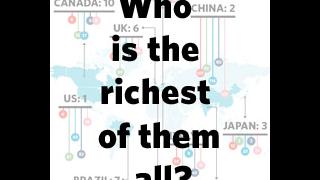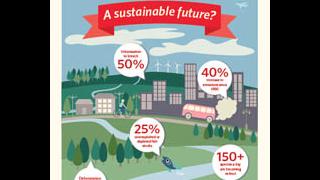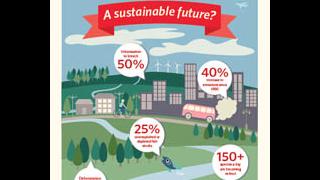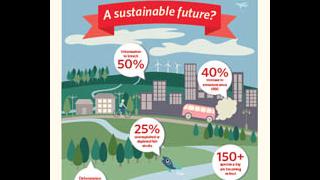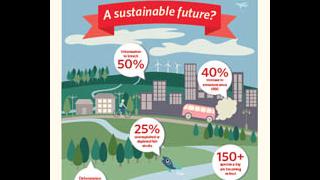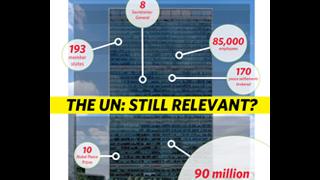
Foreign aid has always come with certain donor expectations. These can range from economic conditions to pressure to comply with international norms. In recent years, the World Bank and the IMF have been known to be particularly eager to set criteria: research suggests that the average World Bank loan to developing countries comes with 67 conditions.
Sometimes referred to as the ‘global gag rule’ – where particular issues or choices are taboo – imposing conditions can lead to governments avoiding potentially beneficial policies because they would not be popular with aid donors. The gag rule became closely associated with the Reagan administration in the 1980s, which banned federal funding used in support of abortion overseas. The issue has been volleyed back and forth between the two main political parties, subject to the whim of those in office – repealed by Bill Clinton, reinstated by George W. Bush and again repealed by President Obama. Support of the UN Population Fund now makes the US the biggest funder of family planning, spending over $650m annually.
What conditions are aid recipients currently facing?
At the recent High-level Forum on Aid Effectiveness, aid conditionality triggered questions about the very infrastructure of official development assistance. On behalf of a number of African nations, Rwanda insisted that ‘tied aid’ – the practice whereby aid comes with the condition that it be spent exclusively on goods and services from the donor(s) – must end by 2013. The Rwandan finance minister stated that only 45% of aid went through the country’s budget system, drastically reducing the capacity of their infrastructure and development systems. Although the practice formally ended in 2001, up to 20% of all bilateral aid is still ‘tied’ in this way, reducing its value by up to 30%.
Whilst conditionality is not new, it does seem to be enjoying a revival. British Prime Minister David Cameron warned last year that countries with bad records on gay rights would risk losing British aid, asserting that aid “should have more strings attached”. The US quickly followed suit, with Secretary of State Hillary Clinton announcing at the UN Human Rights Council in Geneva that foreign aid will be used to promote lesbian and gay rights abroad. In reaction to Mr Cameron’s warning, some countries relaxed their anti-gay legislation. Others, notably Nigeria, told the UK to “keep its aid”.
What has changed?
The shift from the more prescriptive aid conditions of the past to a more rights-based position is arguably linked to the economic challenges facing many donors. In light of this, the UK’s 2010 Bilateral Aid Review ‘streamlined’ the number of countries given aid from 43 to 27. Several donors have also begun incorporating foreign aid with foreign policy to improve ‘value for money’. In the UK, it is also a likely consequence of the coalition government’s commendable expansion of the aid budget. Having committed to reaching the target of 0.7% of gross national income on aid spending by 2013, it is perhaps unsurprising that the increased spending includes increased conditionality.
So is aid really the right vehicle for furthering human rights?
Few would deny that the promotion of human rights is good practice, or that it is vital to ensure aid money is both well spent and goes where it is needed most, particularly in fragile states where corruption is often rife. Indeed, the Department for International Development has recently been instructed by Parliament to “sharpen up their criteria” for aid to these states.
Given the financial travails of many donor countries and their own awkward relationships with human rights, as well as the continued practice of tied aid, it is not hard to see how such conditions could be viewed as self-serving. The UK government promotes human rights abroad but is questioning the need for its Human Rights Act back home and in the US it is American companies that benefit whilst those enduring humanitarian emergencies await food aid that has been procured on another continent.
Such concerns, though noteworthy, do not necessarily make the case for official development assistance without ‘strings attached’. Aid recipients may decry ‘double standards’ in response to outside pressure to accept progressive norms. However, far more important is that for the poorest of the poor, many of whom live in countries with unacceptable human rights records, restrictions on aid will almost certainly make their lives more difficult. Shutting the door on these people surely contradicts the essential purpose of foreign aid.
Hayley Richardson is the Administrative Assistant at UNA-UK.






